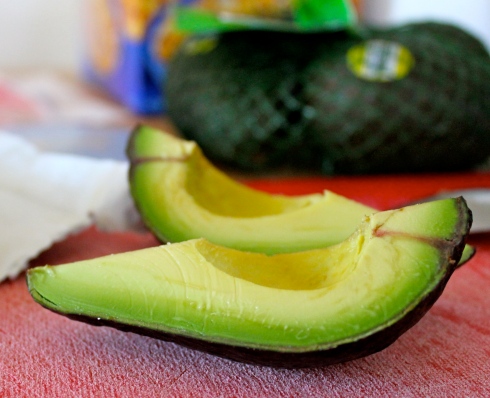Food’s Effects on Brain Chemicals
Geek Alert
The brain’s communication chemicals, neurotransmitters, are effected by just about everything we do – what we eat, what we think, and what outside chemicals we introduce. The following is a pretty technical summary of what is happening to 4 very specific chemicals in your brain and how that brain chemistry can be influenced by diet. It is important to know that your actions have chemical consequences in your brain. Some of you might be interested in more details than that so take what you need from this piece.
There are 4 neurochemicals that directly affect how we think and how we feel and, in varying degrees, can be regulated through diet: serotonin, dopamine, norepinephrine, and acetylcholine. Let’s take a closer look.
Acetylcholine plays a critical role in memory and learning and deficits have been linked to cognitive decline. Studies have shown that higher choline intake (the precursor for acetylcholine) can be associated with better cognitive functioning and reduced markers for dementia. Deficits in acetylcholine have been related to Alzheimer’s and other forms of progressive dementia. Some of the best sources for choline are egg yolks, liver, and wheat germ.
Dopamine and norepinephrine both help regulate information flow in the brain. How well you concentrate, how alert you are, how quickly you react to potentially dangerous situations, and overall processing pleasure and pain are all tied directly to levels of these 2 neurotransmitters. It is possible to boost how much your dopamine and norepinephrine your body produces through foods containing tyrosine (the building block for both neurotransmitters). Poultry, soy protein, avocados, bananas, low-fat dairy, lima bean, seaweed, and many seeds like sesame, chia, hemp, and pumpkin seeds all contain tyrosine. Even though the jury is still out on what diet alone can do, we do know that exercise in conjunction while avoiding certain foods that are heavy in refined, simple carbohydrates and fats can make a measureable difference.
 Serotonin helps regulate things like learning, mood, sleep, and constriction of blood vessels. Deficiencies in serotonin can create problems in every day functioning and it is important to understand the role of food, not just prescription drugs and supplements, in regulating serotonin levels. Tryptophan, omega-3 fatty acids, complex carbohydrates and vitamin B6 all play vital roles in developing serotonin and keep healthy levels of this neurotransmitter. The key is getting the right balance of amino acids along with tryptophan. – tryptophan alone from raw foods does not seem to have a great enough impact on serotonin levels so make sure to focus on accompanying those foods with healthy amounts of complex carbohydrates found in grains and some fruits. There is no study or formula that outlines that “right” amount or ratio however you will find foods high in tryptophan, omega-3s, and vitamin B6 all over lists of brain healthy foods. It is that interaction that is important. According to the Livestrong Foundation (a great source for dietary information) the following foods contain tryptophan: red meat, milk, cottage cheese, string cheese, provolone cheese, Swiss cheese, yogurt, seeds, bananas, soybeans, tofu, soy products, tuna, clams, oysters, crabs, turkey, egg whites, spirulina, cheddar cheese, pork chops, lamb and potatoes.
Serotonin helps regulate things like learning, mood, sleep, and constriction of blood vessels. Deficiencies in serotonin can create problems in every day functioning and it is important to understand the role of food, not just prescription drugs and supplements, in regulating serotonin levels. Tryptophan, omega-3 fatty acids, complex carbohydrates and vitamin B6 all play vital roles in developing serotonin and keep healthy levels of this neurotransmitter. The key is getting the right balance of amino acids along with tryptophan. – tryptophan alone from raw foods does not seem to have a great enough impact on serotonin levels so make sure to focus on accompanying those foods with healthy amounts of complex carbohydrates found in grains and some fruits. There is no study or formula that outlines that “right” amount or ratio however you will find foods high in tryptophan, omega-3s, and vitamin B6 all over lists of brain healthy foods. It is that interaction that is important. According to the Livestrong Foundation (a great source for dietary information) the following foods contain tryptophan: red meat, milk, cottage cheese, string cheese, provolone cheese, Swiss cheese, yogurt, seeds, bananas, soybeans, tofu, soy products, tuna, clams, oysters, crabs, turkey, egg whites, spirulina, cheddar cheese, pork chops, lamb and potatoes.


